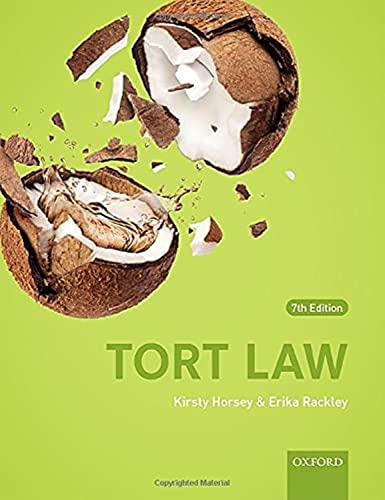Question
Existentialism (both theistic and atheistic) has a rather long and storied past, but its development in the years between and during the 1st and 2nd
Existentialism (both theistic and atheistic) has a rather long and storied past, but its development in the years between and during the 1st and 2nd World Wars, as well as the post war era culminating in our current times.It asks us to recognize the continuing circumstance of ambiguity in human and natural actions.Indeed, it seems to suggest that we embrace theambiguousknowing that we are always on less than firm ground.This is to say, that there are few, if any, permanent and universal claims about what is to be done.
How might we take the insights of Existentialism, and its affirmation of human liberty, when we face, what Sartre says is the Universal Human Condition, as opposed to a Universal Human Nature?Or, alternatively he also states in a title of one of his plays:"Les Jeux Sont Fait,"or, "The Chips are Down."
What are we to do?
Step by Step Solution
There are 3 Steps involved in it
Step: 1

Get Instant Access to Expert-Tailored Solutions
See step-by-step solutions with expert insights and AI powered tools for academic success
Step: 2

Step: 3

Ace Your Homework with AI
Get the answers you need in no time with our AI-driven, step-by-step assistance
Get Started


